Summary: An Uneducation in the Release of the Unexpected
Talk by ZEF-Senior Researcher Epifania Amoo-Adare about an explanatory guide that discusses post-disciplinary perspectives for (un)thinking current modes of research.
Epifania Amoo-Adare has been following a figuration of processes related to knowledge generation and unlearning, since she joined the research project Crossroads Asia in 2013. Amoo-Adare’s journey has been, in her words, both systematic and accidental. Her newest insights, presented by Amoo-Adare in a recent lecture at ZEF, also seem paradoxical: both targeted and open-ended.
According to Amoo-Adare, a learned architect with a doctorate in education, our contemporary world is complex, chaotic and unpredictable. To understand it, we need to move away from the rationality that pervades modern science, including linear ideas of ‘development’ as progress and black-and-white dichotomies.* What she argues we need instead is pluriversality – the opposite of universality –, likening this to the kind of border crossing of knowledge boundaries that Walter Mignolo has called “epistemic disobedience”. This implies recognition that all modes of thinking are entangled with power dynamics, Amoo-Adare pointed out, begging the question of what kind of learning takes place without revealing these dynamics.
Amoo-Adare’s current project is developing a guide for MA-level students that is aimed at inspiring critical reflection on how and why we (un)learn. The guide, not to be confused with a textbook,** draws its ideas from scholarship in fields as diverse as future studies, education, complexity theory, womanism, medical anthropology, theoretical physics, feminism, and post-development studies. This is no accident: for Amoo-Adare, post-disciplinarity is an important sign of literature with a great deal to offer.
Post-disciplinarity, in my understanding of Amoo-Adare’s take, is a dedication to bring learning back to its roots. This implies an eagerness to transgress often invisible knowledge boundaries and to evaluate ideas on their own terms, in collaboration with others but apart from static frameworks. Post-disciplinarity and its associated intellectual freedom do not, however, mean disciplinary specialization has lost its raison d’etre, Amoo-Adare pointed; what can be challenged is what Lewis Gordon has called “disciplinary decadence”. Citing Gordon in her lecture, Amoo-Adare explains this decadence as the phenomenon of disciplines becoming trapped by their own hubris and “asserting themselves as the world” (Gordon, 2006, p. 8). Learning is best derived from alertness and fancy, but desires to be coupled with a keenness to love and unlearn.
Having hand-picked the writings of innovative, critical scholars all calling for a re– or unthinking of science, Amoo-Adare now faces the task of presenting her interpretation of the works. Her aim is a manner of presentation that invites curiosity and spawns activity in unexpected places. The guide should foster, in Amoo-Adare’s words, the “collaborative creativity and ethical imagination” needed to “face uncertain futures”. In line with the thinking of Paulo Freire, Amoo-Adare believes reflection and action should be tightly intertwined, with research as a vehicle for social transformation in the interest of the marginalized. If the excerpt from Amoo-Adare’s writings below is any indication, the exploratory guide is off to an enlivening start.
“Learning is not something that happens in parenthesis; something you bookend between your head, four walls, a class period, a school year, or some momentary academic career. Learning is (un)Learning; it’s (non)living, (un)becoming, and (dis)believing; it’s (un)ambiguous and (un)pronounceable […] (un)Learning is pain and then some; it wrenches us apart into free floating radicals, fractals seeking to (re)integrate into that transformative whole, who we already are but might not know it.”
* To illustrate her point, Amoo-Adare showed the audience a video of a talk by Manuel Lima on the sort of leaps and shifts that happen via holistic, non-linear exploration and connection.
** The exploratory guide purposefully avoids the label textbook, a vehicle of knowledge transfer that too often commodifies knowledge, favoring the serial and predictable and priming students to be obedient learners.
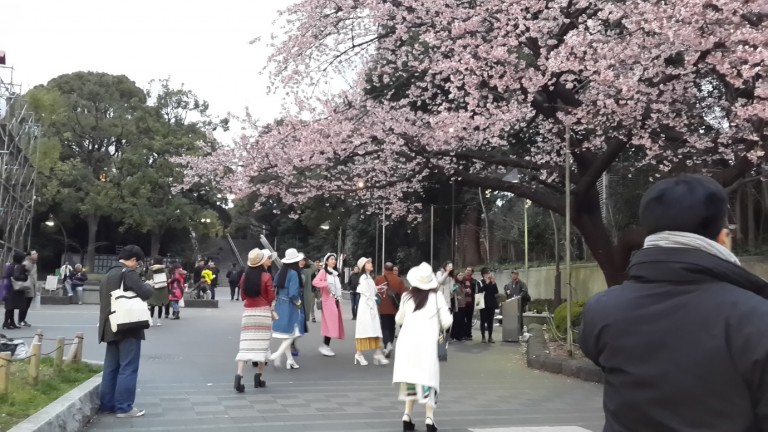


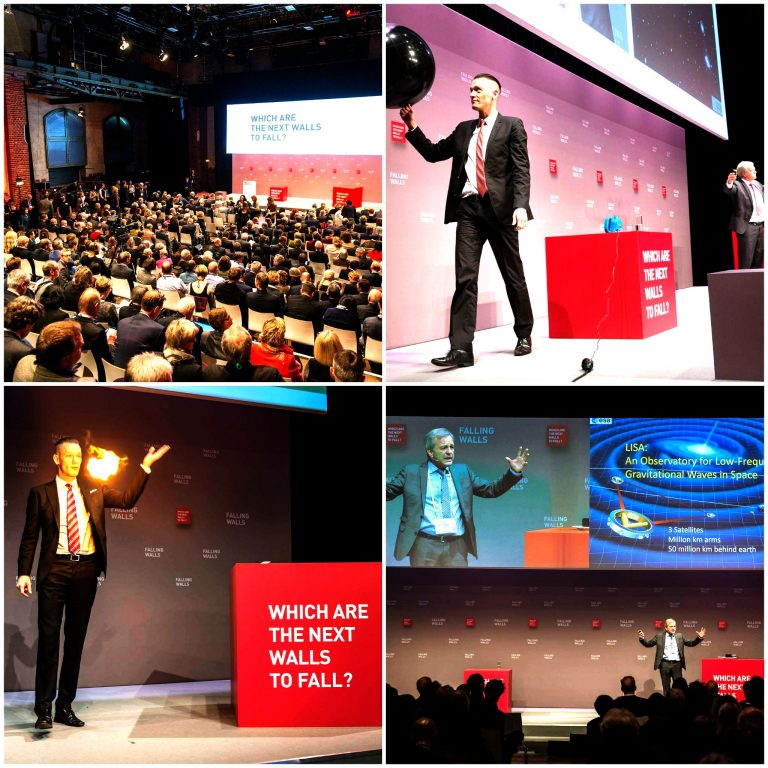
 Since 2010,I have visited Berlin at least once a year, and every time I return I spend a wonderful time that lets Berlin invites me for an even more interesting event. I arrived in Berlin early…
Since 2010,I have visited Berlin at least once a year, and every time I return I spend a wonderful time that lets Berlin invites me for an even more interesting event. I arrived in Berlin early…
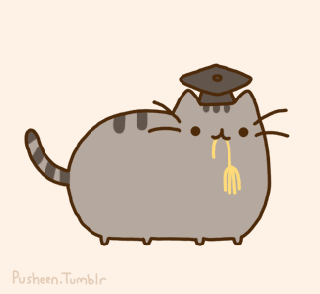
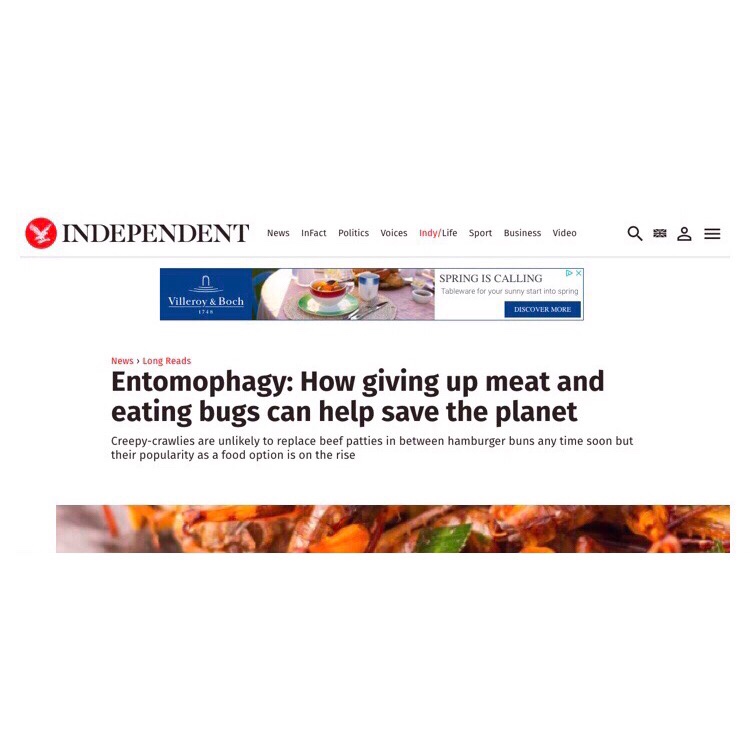

 Here is a link to Charlotte LR Payne’s blog http://www.libertyruth.com/blog/an-article-for-the-independent-and-a-list-of-great-blogs
Here is a link to Charlotte LR Payne’s blog http://www.libertyruth.com/blog/an-article-for-the-independent-and-a-list-of-great-blogs